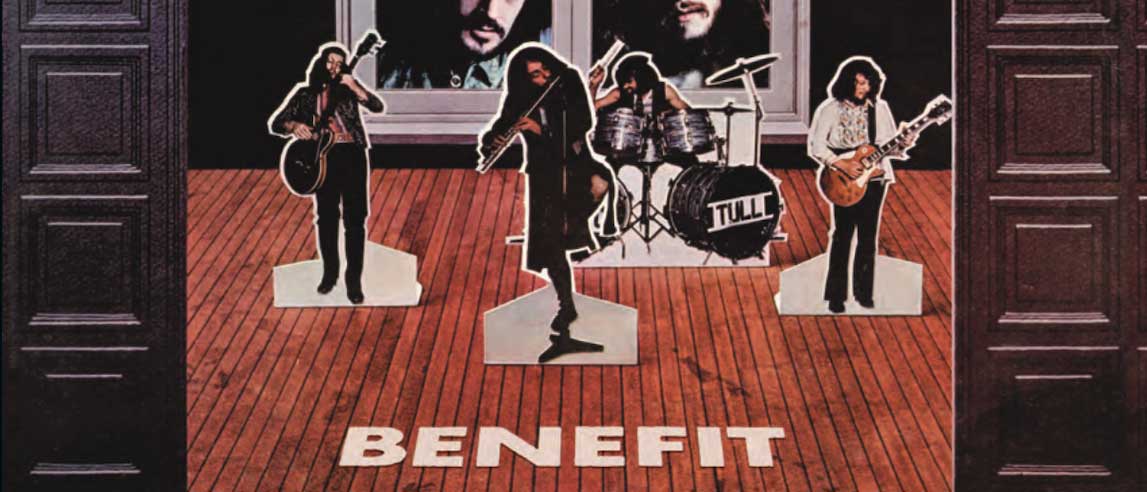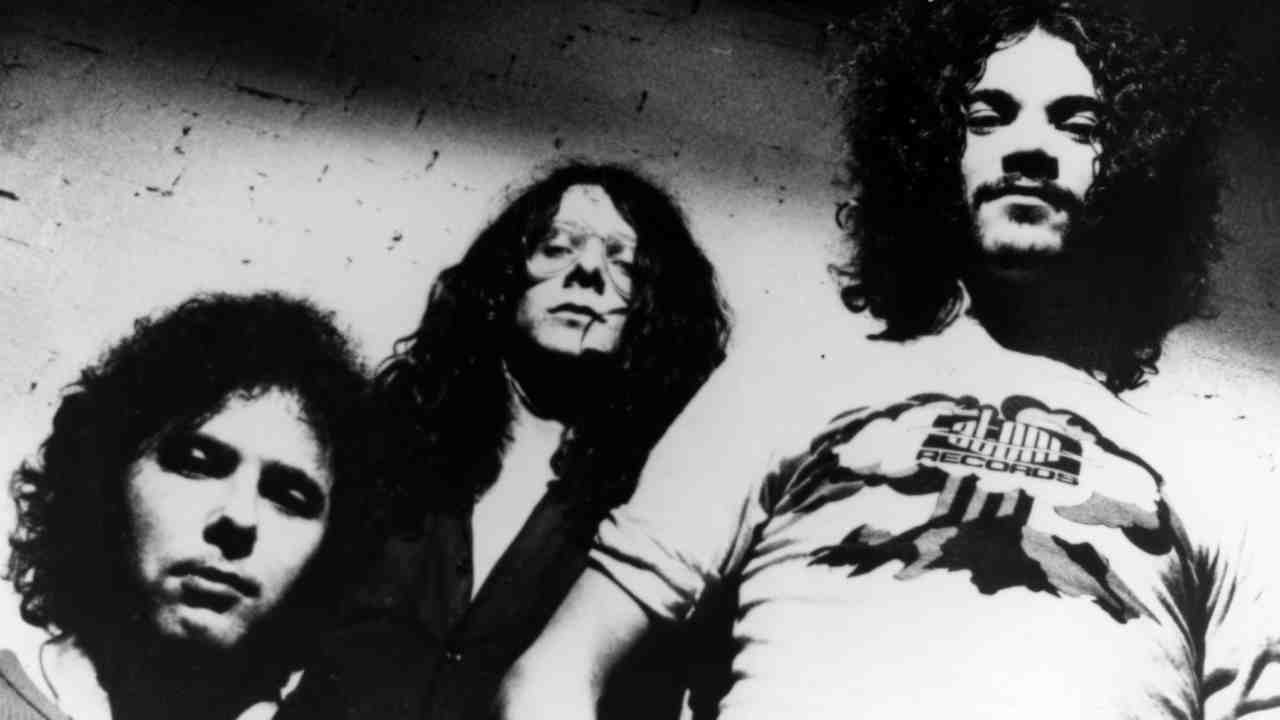You can trust Louder
Jethro Tull’s third album, 1970’s Benefit, marked the transition from the R&B-driven Stand Up and the defining merger of acoustic arrangements and heavy guitar riffs that would characterise Aqualung and beyond.
As such it sometimes tends to get forgotten in the grand parade of Tull’s 70s classics. But those who worship at the altar of Aqualung will find plenty here tracing that album’s origins, particularly among the voluminous additional material that expands the original 46-minute album to a four-CD/two-DVD beanfeast.
Ian Anderson’s desire to give Tull a more distinctive style was influenced by wanting to stand out from the hordes of British blues rockers invading America at the time, plus the realisation that neither they nor anybody else could compete with Led Zeppelin.
The change is apparent from Benefit’s opening track, With You There To Help Me, where a strummed acoustic guitar is inserted into the band’s rock-solid approach and guitarist Martin Barre’s increasingly riff-oriented approach shows he’s been listening to Jimmy Page.
The addition of pianist John Evan also freed up Barre to focus on his own style while filling out the band’s sound. Nothing To Say is the first of several Aqualung ‘previews’ as it switches from a march to a ballad to an almost symphonic chorus, although the band are still grappling with applying the techniques. More convincing is the heavy-sounding Son, on which Anderson has dig at his dad (‘Permission to breathe, sir?’).
It’s no coincidence that the tracks that look back to Stand Up – Inside, To Cry You A Song – now sound more dated. But Sossity: You’re A Woman, a sumptuous acoustic classical medieval one-off, owes little to anything that came before or after.
Progmeister Steven Wilson’s remix (originally released in 2013) even manages to bring warmth to what was originally a somewhat clinical-sounding album. Pick of the out-takes is a nine-minute run through My God, a song that would later be one of Aqualung’s stand-out tracks. It also shows up on both the previously unreleased live US shows from 1970 – Tanglewood (which is repeated on one of the DVDs with film footage and a surround-sound mix) and Chicago (mono). Bootlegs no longer required.
Sign up below to get the latest from Classic Rock, plus exclusive special offers, direct to your inbox!
Hugh Fielder has been writing about music for 50 years. Actually 61 if you include the essay he wrote about the Rolling Stones in exchange for taking time off school to see them at the Ipswich Gaumont in 1964. He was news editor of Sounds magazine from 1975 to 1992 and editor of Tower Records Top magazine from 1992 to 2001. Since then he has been freelance. He has interviewed the great, the good and the not so good and written books about some of them. His favourite possession is a piece of columnar basalt he brought back from Iceland.


